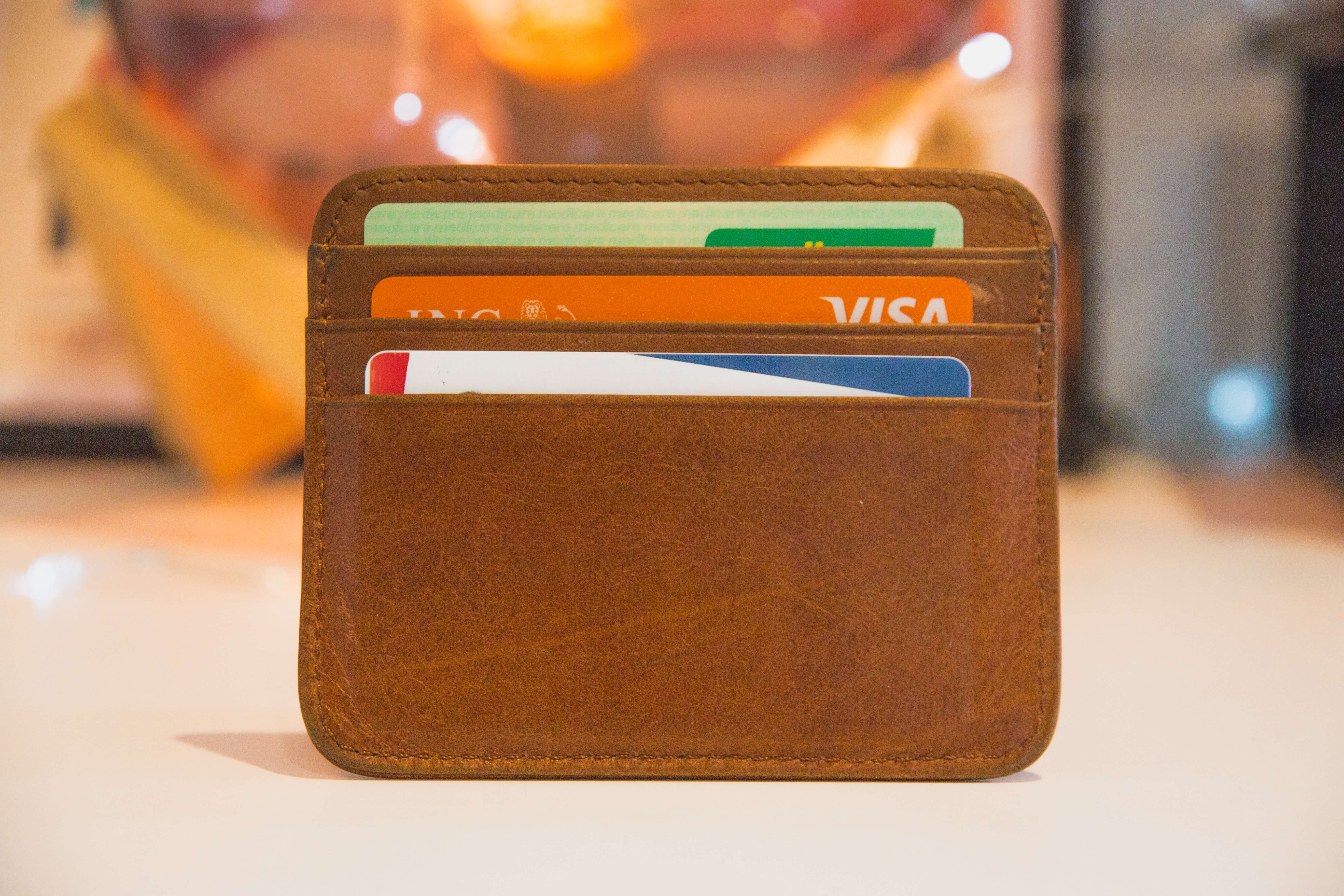Refunds might not be the fun part of shopping, but they're often a vital part of keeping your customers happy and building brand trust. So, what happens if you need to send a refund to a different card than the one used to make the purchase? This goes for both our Dojo card machines and any other payment system.
In this guide, we’ll cover what happens if you refund a customer to a different card than the one used in the original transaction, including:
- Can a refund be made to a different card?
- Are there exceptions to allow a refund to a different card?
- Is it illegal to refund to a different card?
- Refunding a customer checklist
- Refunding a credit card with no outstanding balance
- Refund on a debit card
- Understanding refund times by a card issuer
Can a refund be made to a different card?
No, typically refunds will only be credited back to the original payment card. Customers might prefer funds to be credited to a specific bank account to help clear some credit card debt. However, the standard rule discourages refunding to a different card if the original payment is still available, as customer rights are designed to only protect the payment method.
Are there exceptions to allow a refund to a different card?
Refunds can still be processed if the original card is replaced or no longer in use – as long as the new card is from the same bank.
If the customer recently closed their account – usually within the last couple of months – there's still a good chance the refund will go smoothly. The card issuer will usually reach out to make sure the customer receives their funds.
However, if the account has been closed for over two months, the transaction may not go through. This means you may need to contact the customer to explore alternative refund methods, such as issuing a cheque or a gift voucher equal to the refund amount.
Although it’s recommended to refund customers only to their original payment method, some companies may give a refund to a different card depending on the brand and purchase amount. For example, if a customer makes a return in-store and accidentally uses a different card for the refund authorisation than the one used for the purchase, some brands will still process the refund.
Is it illegal to refund to a different card?
While refunding customers to a different debit card than the one they originally used is not recommended, it is not illegal.
This also applies to chargebacks, where consumers dispute a transaction with their issuer, who can reverse the transaction and refund the consumer’s account. Again, these need to be made back to the original card used, but while chargebacks can be problematic for small businesses, most of the work is done by the card issuer.
Keep in mind that once you've issued a refund, customers can't request a chargeback. Chargebacks also typically have to be claimed within 120 days of the purchase.
Refunding a customer checklist
- If you need to get the process started, check out our simple refunding a customer checklist:
- Ask the customer for the receipt: Your first step is to confirm that the purchase was made at your store.
- Check the original payment method: This ensures the refund goes to the right account.
- Get the last 4 digits of the card: This verifies the card details, ensuring the refund is secure.
For a better look into managing sales and refunds, check out our guide on how to process sales and refunds on our support page.
Credit card refund
Refunding a credit card with no outstanding balance
You can offer credit card refunds even when there is no outstanding balance. The customer’s account will go into ‘negative card balance’, which means they’ll effectively be in credit on their credit card, which they can use to spend like regular credit. Our guide to credit card refund rules in the UK goes into more detail.
Refund on a debit card
Refunding a debit card is quite similar to how credit card refunds work, but there's a notable difference in where the refunded money goes. For debit card refunds, the money goes straight back into the bank account linked to the card. Usually, this process is pretty straightforward, though it might take a bit more time.
Understanding refund times by card issuer
Refund processing times can vary, based on the merchant's policies as well as the card issuer.
For merchants and customers alike, it's important to understand that once the refund is initiated, the timing is largely out of the retailer's hands and dependent on the bank's internal processes.
It’s a good idea to communicate the timeline to customers when first initiating the refund and ask customers to verify the refund has been processed by checking their bank statements after the expected period has passed.
American Express/Amex refund time
American Express refunds typically process within 5 to 7 business days, but this can vary. In some cases, customers have reported seeing refunds appear in their account as quickly as 3 days after the merchant initiates the refund process.
Mastercard refund time
Mastercard also processes refunds within 5 to 7 business days. Similar to Visa, the exact time it takes for the refund to be credited to a cardholder's account can vary depending on the issuing bank.
Visa refund time
Visa refund processing times generally fall within the range of 5 to 7 business days.
Frequently Asked Questions
For more information on all things business, check out our guides and case studies on our Dojo blog.



